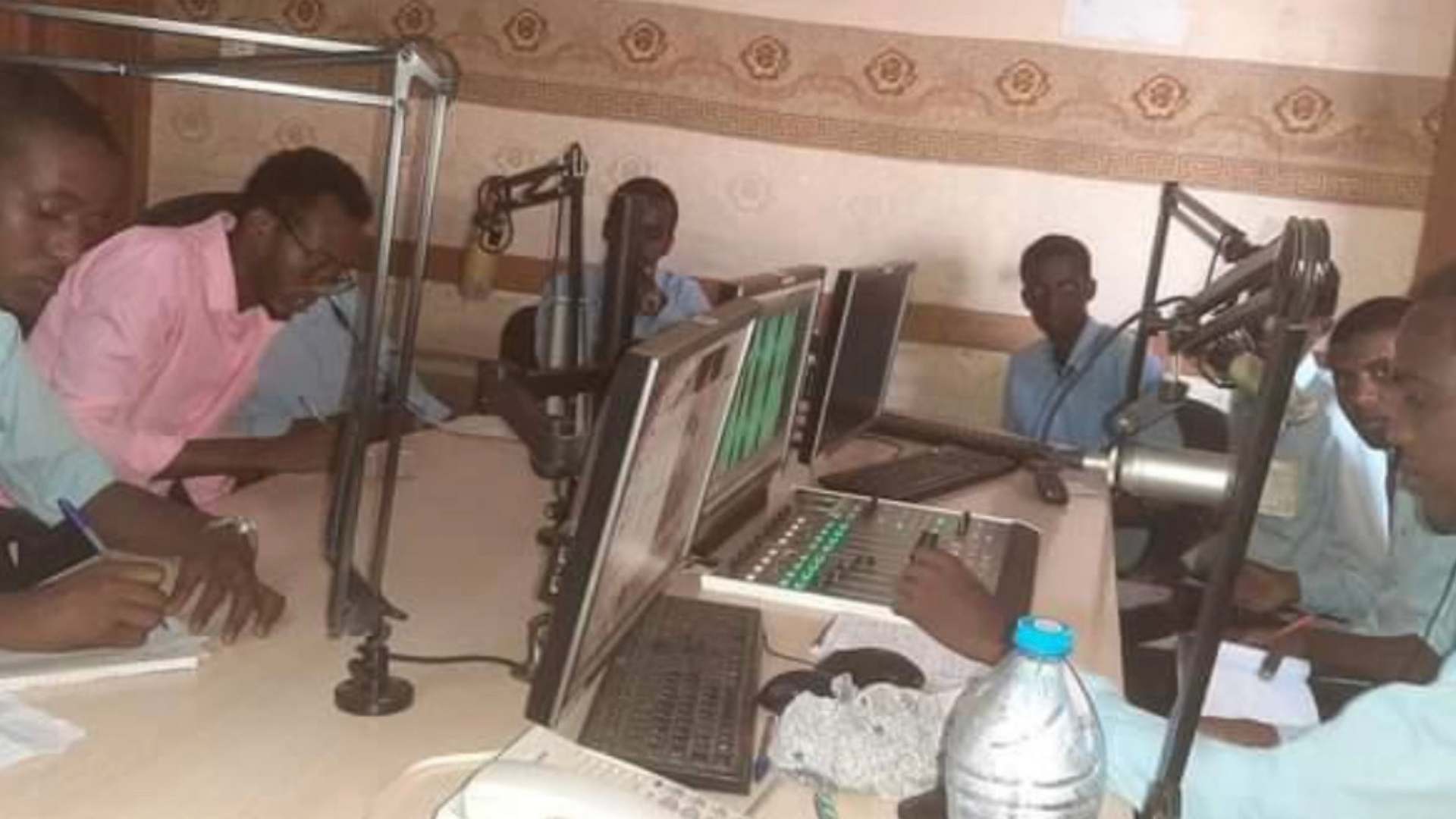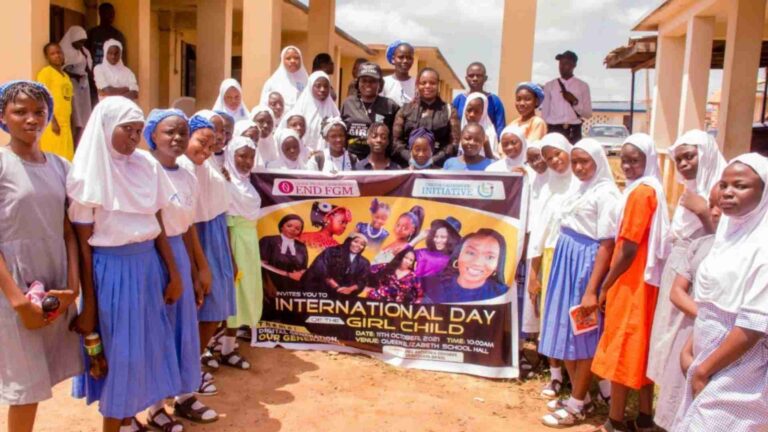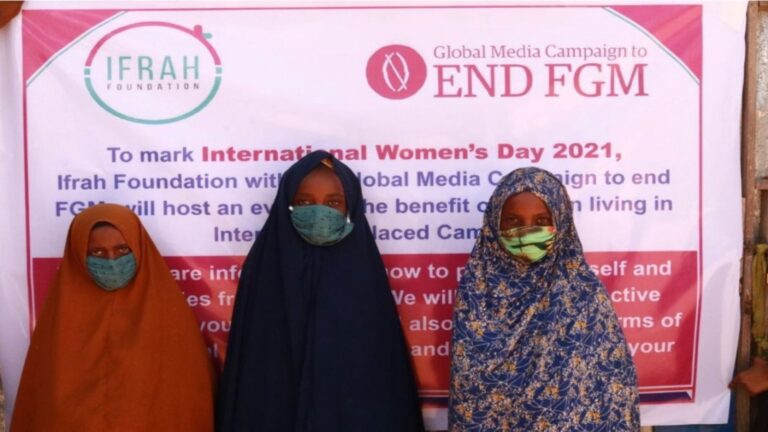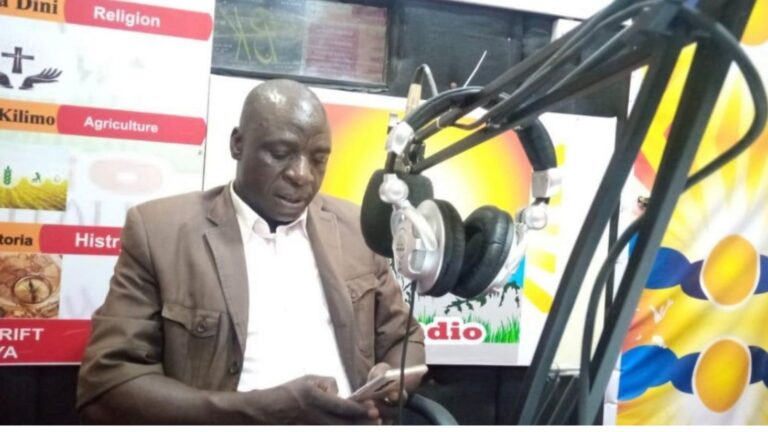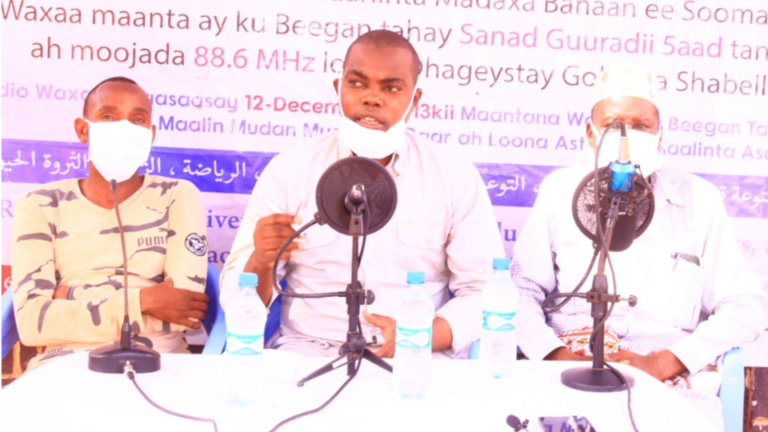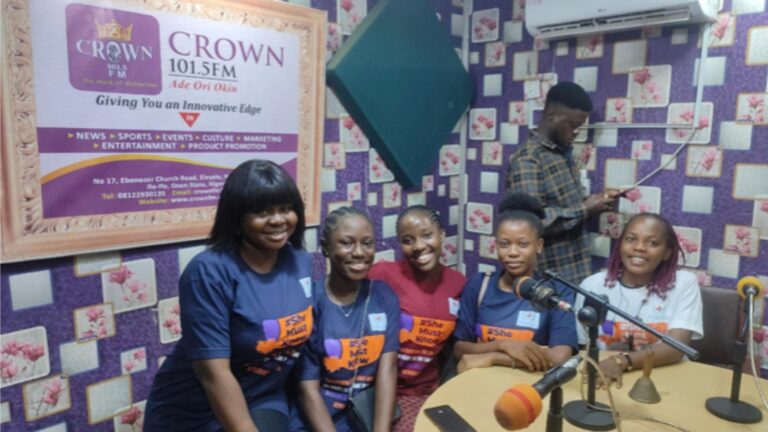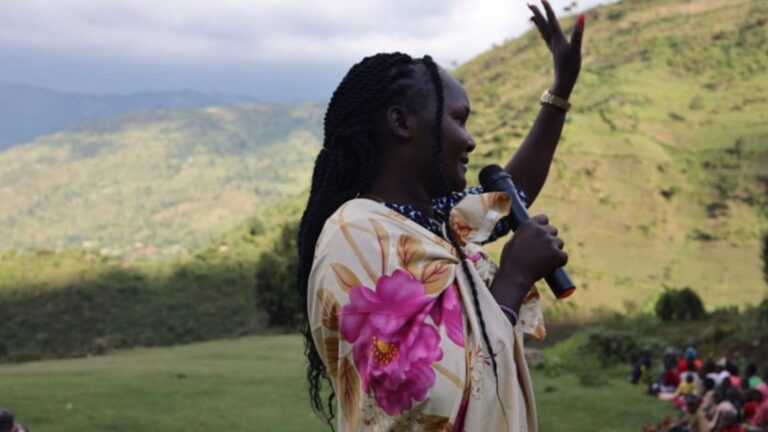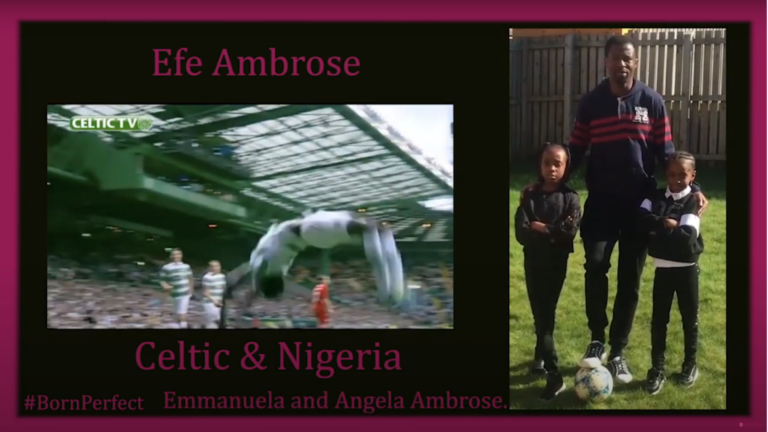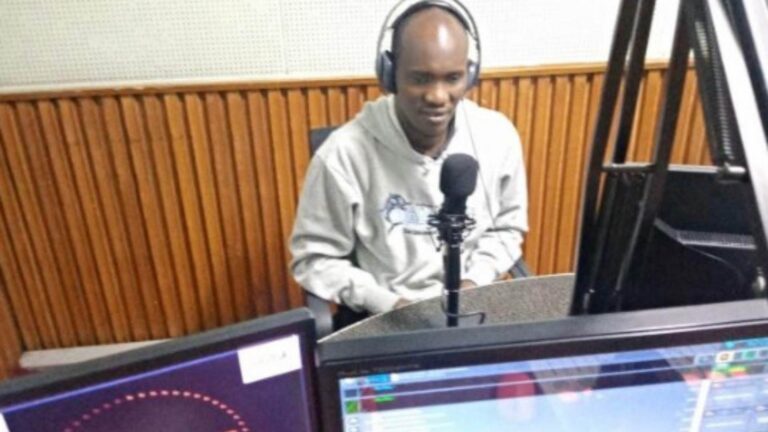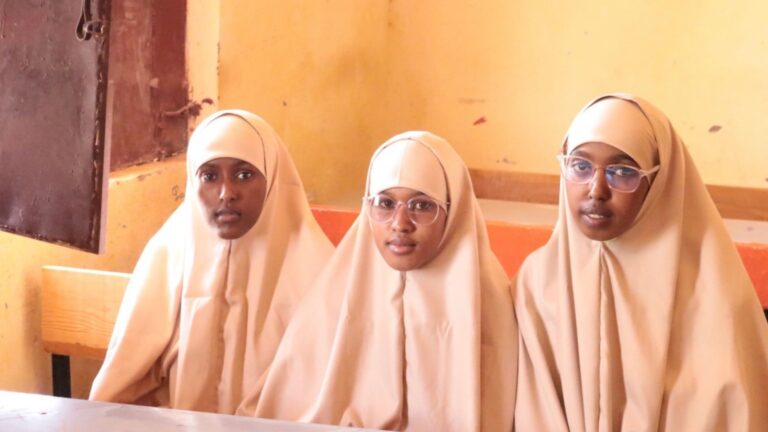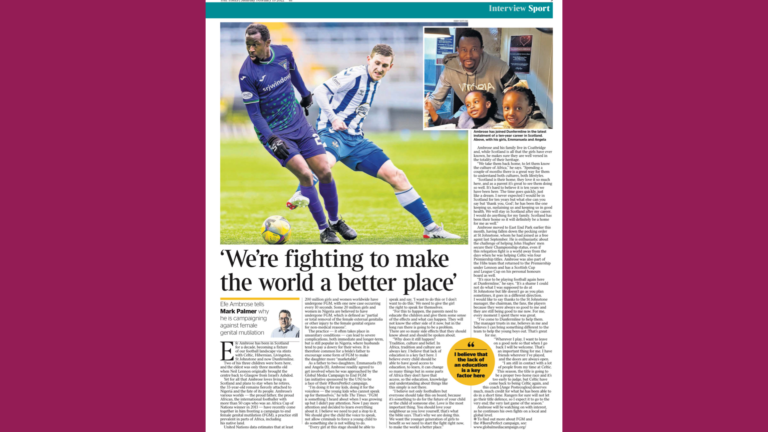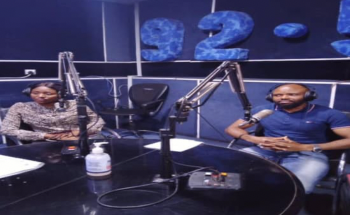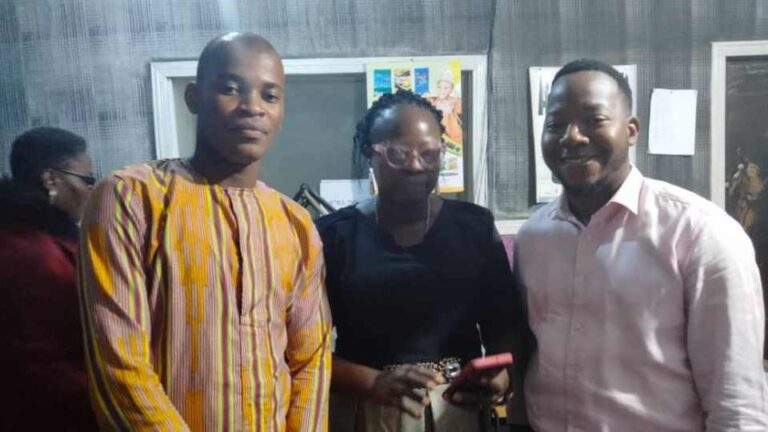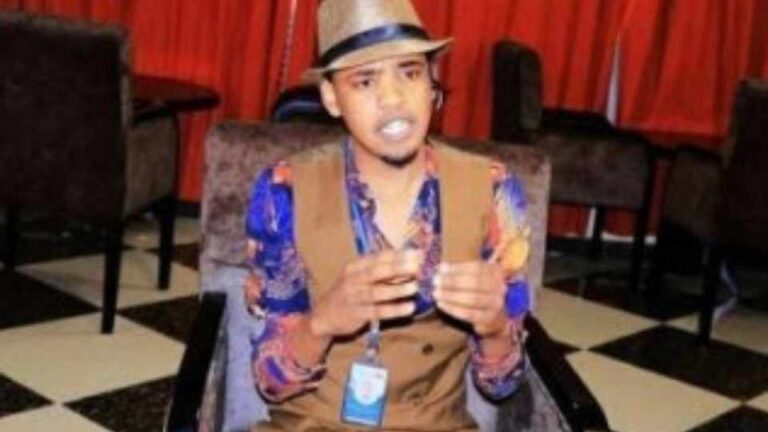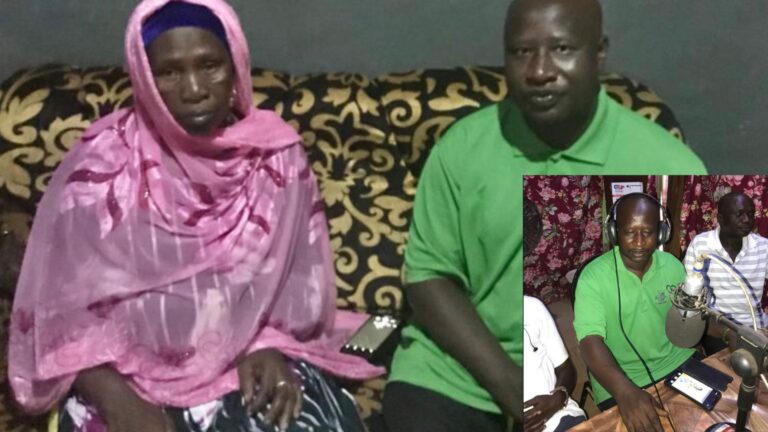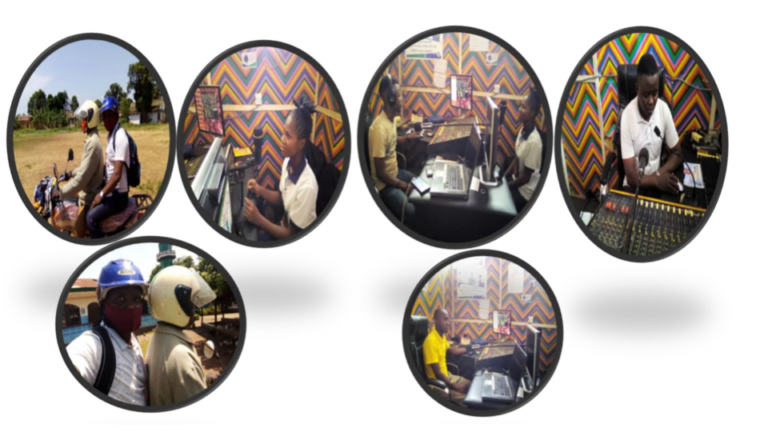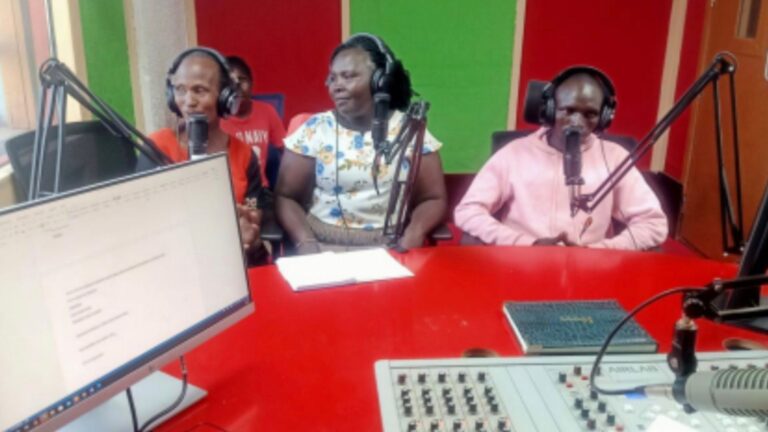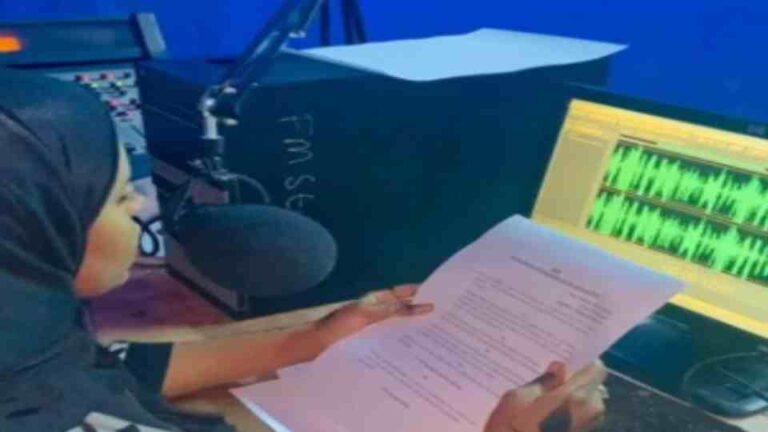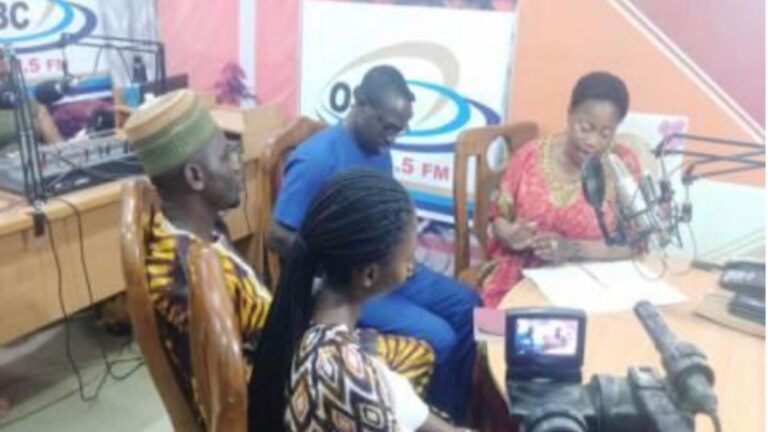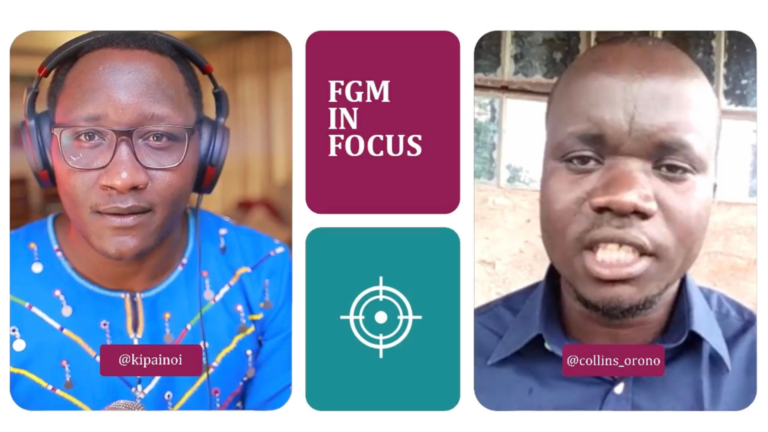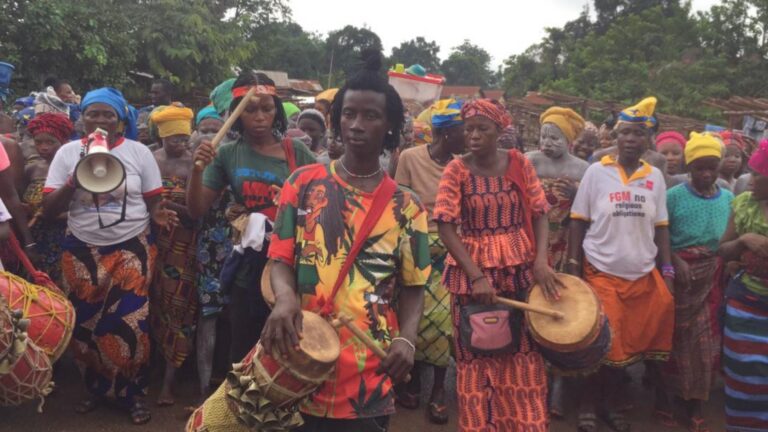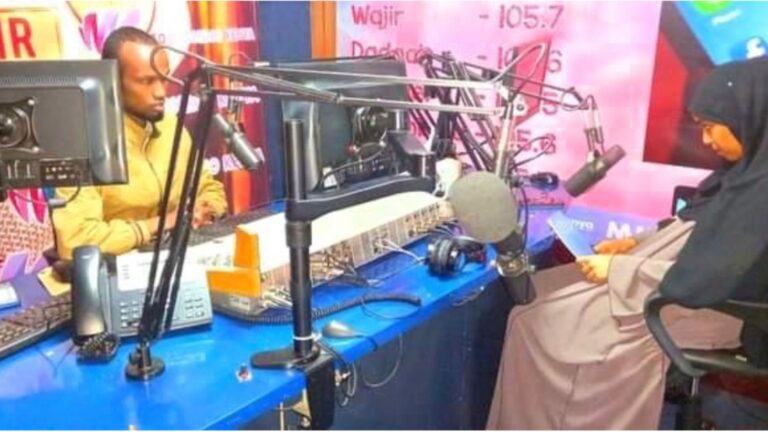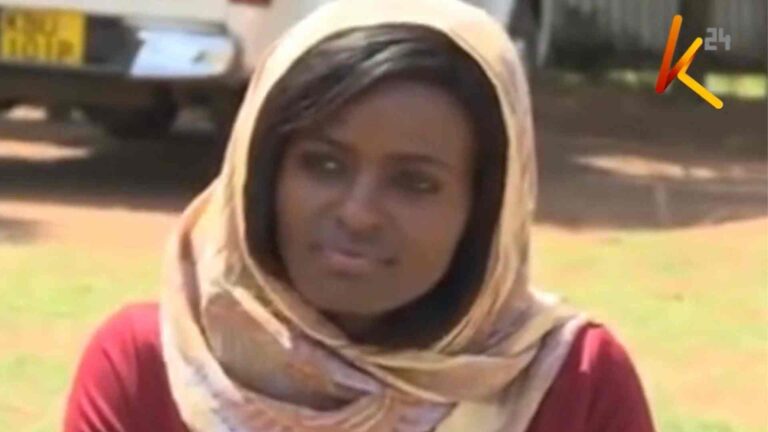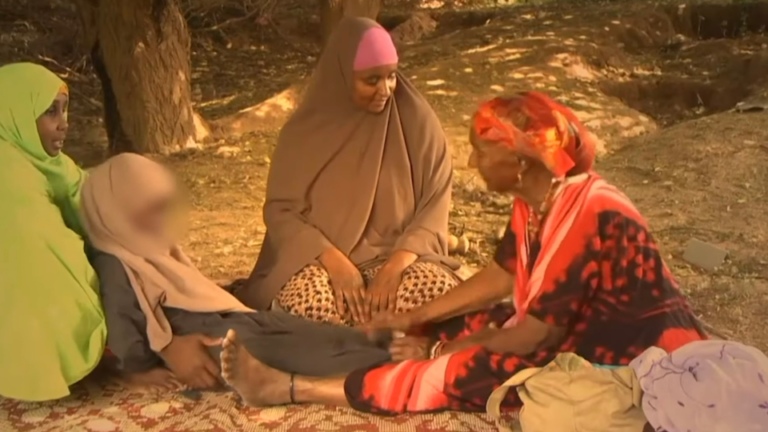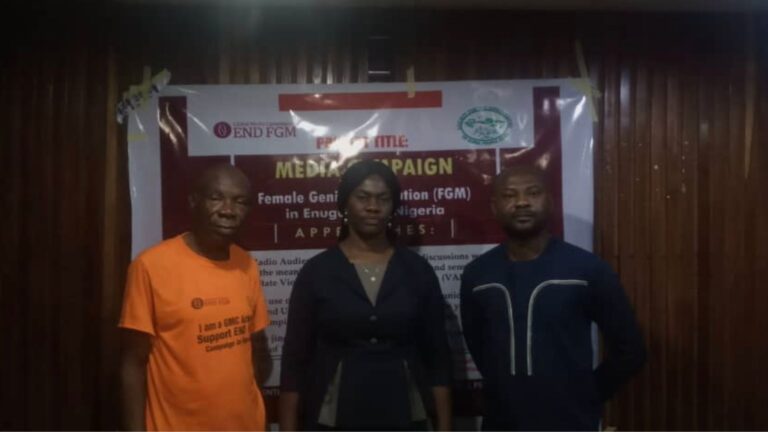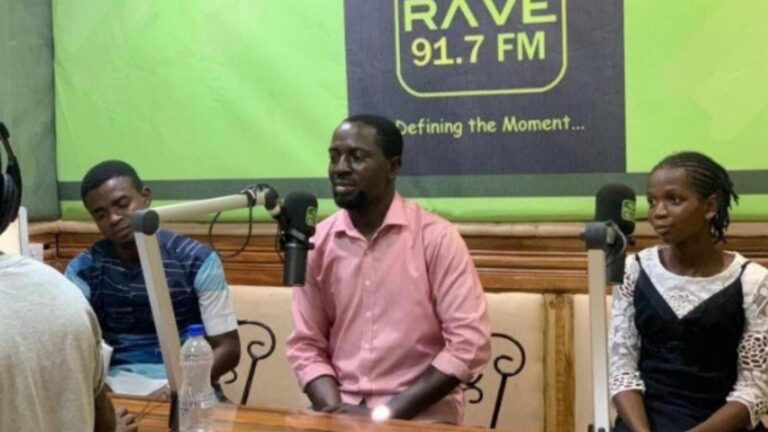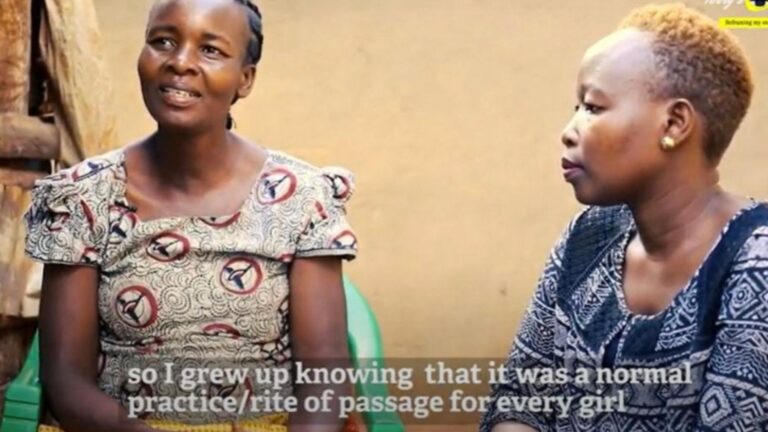By Ali Mohamed,
The Day of the African Child (DAC) is celebrated every year. The motive is that the right time for Africa and the world in common to reflect on the progress made towards children’s rights, as well as the barriers they continue to face and how to eliminate Harmful Practices like FGM and GBV affecting Children.
Background:
Wajir County (Somali: Degmada Wajeer, Swahili: Kaunti ya Wajir) is a county in the former North Eastern Province of Kenya. Its capital and largest town is Wajir. The county has a population of 720,000
This event was through the Wajir Community Radio (WRC) with the widest transmission coverage in all NEP counties (Wajir, Garissa & Mandera) approximately 250,000 to 300,000 listeners and going with local Somali dialect and Swahili.
Who did I involve?
The present panelists were students from Wajir high school and a children’s rights officer.
I have engaged Wajir high school students, taking advantage of this event by having a dialogue conversation with listeners mostly parents
Habaswein-based children’s department officer took the opportunity by informing parent’s importance of children and prioritizing their rights to education, health care, and equality.
Sharing common information on how to mobilize in eliminating harmful practices and focusing on the right of children in Somali communities and the country at large.
Project success:
“Through media awareness there has been a substantial shift in the number of FGM cases. It is decreasing.” Ali Mohamed, Wajir County, Kenya Share on X “Regular media awareness and community participation are the main factors that are helping us to fight FGM and other abuses in Wajir county.” Ali Mohamed, Wajir County, Kenya Share on X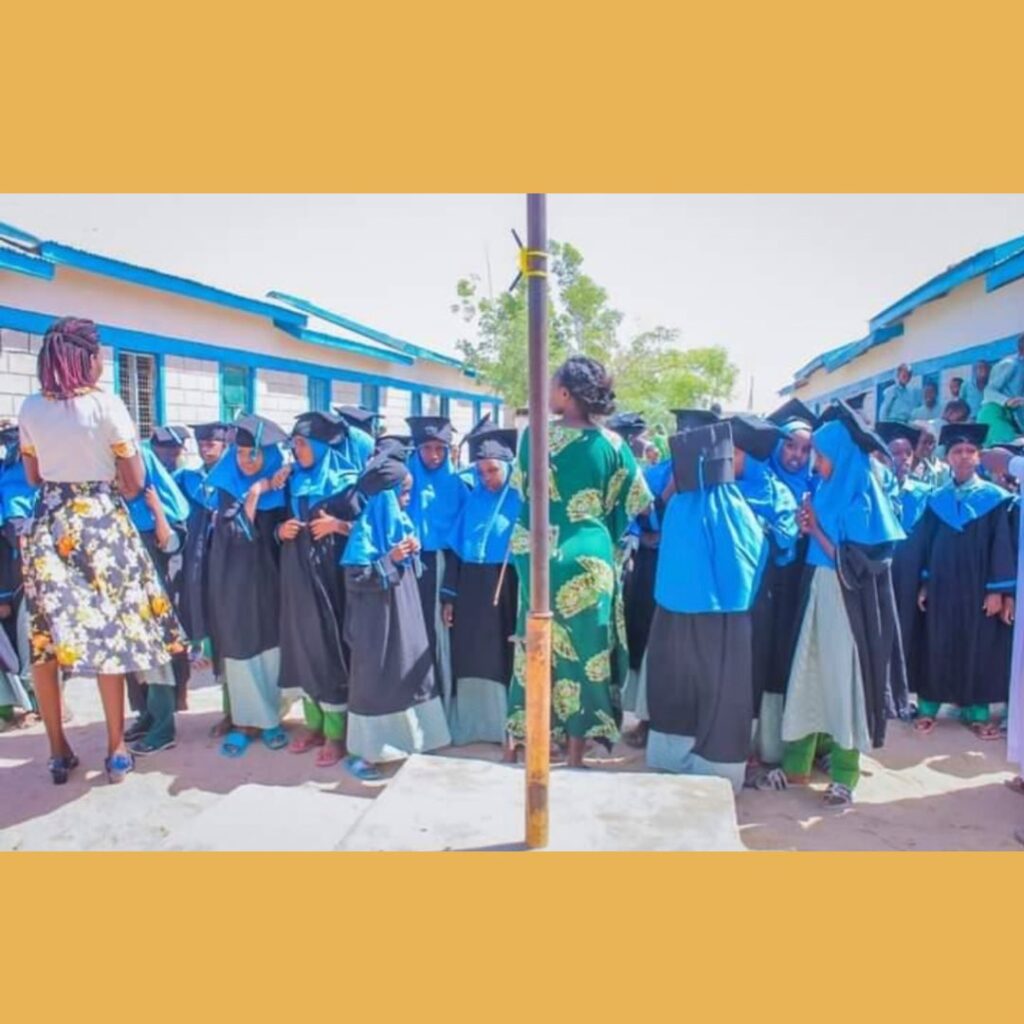
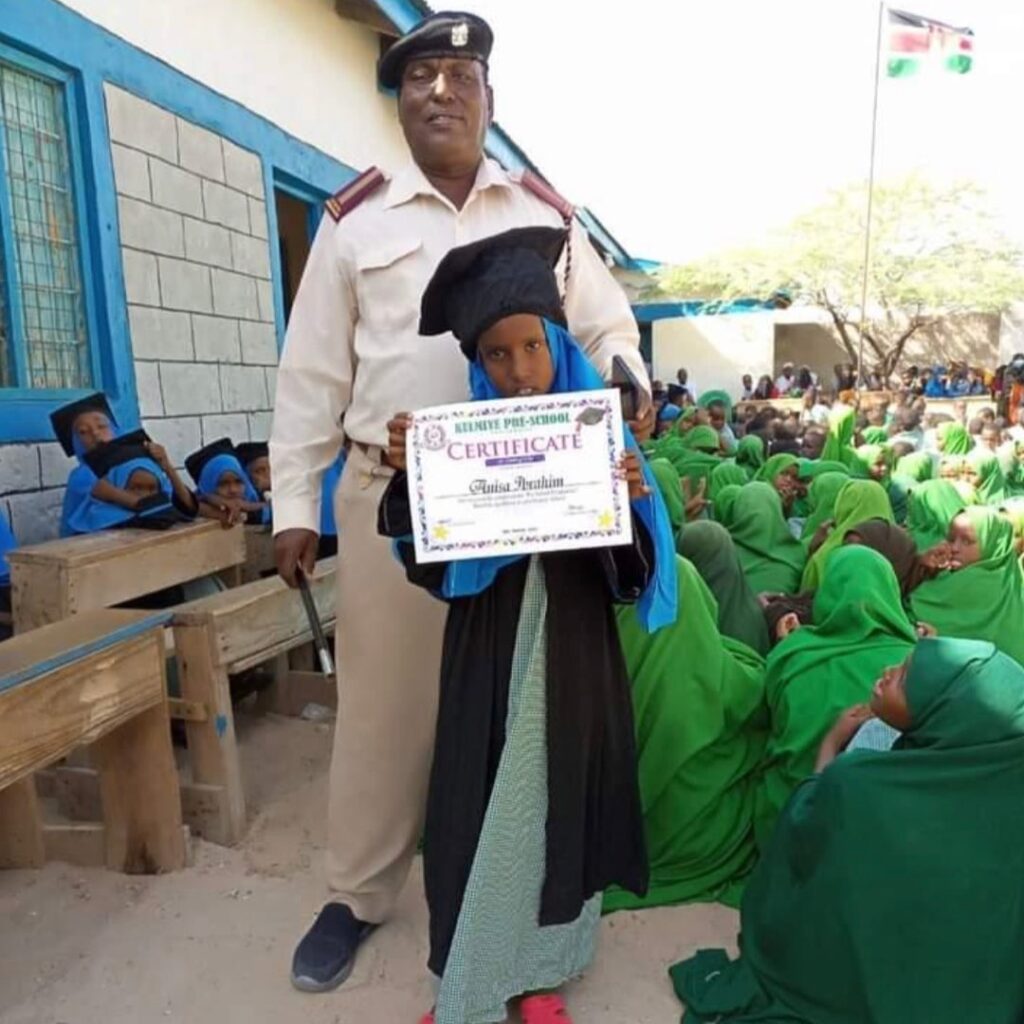
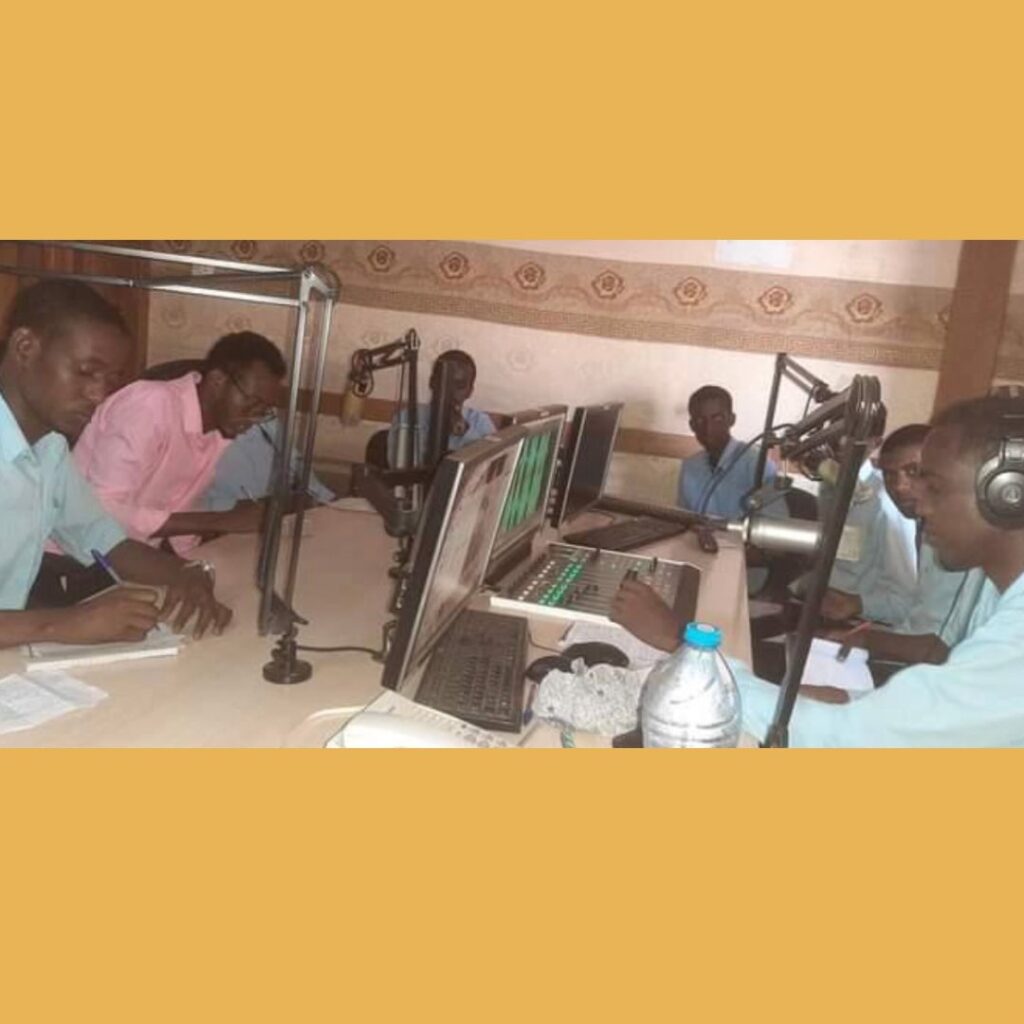
Strong messages:
Unlike before some survivors can speak up their voices to protect the next girl’s generations.
Some women/girls may be unwilling to disclose having undergone the procedure because of the sensitivity of the topic or the illegal status of the practice in their culture.
Realisations:
Cultural reason; some communities believe that the initiation of a girl from childhood to adulthood through FGM.
Religious reasons; no Koran or bible mentions FGM.
Next time:
- Speaking out about the risks and realities of FGM within the society through media awareness.
- Changing traditions with the support of older generations to a new world where every generation has a space to acquire better health, education, and equality.


